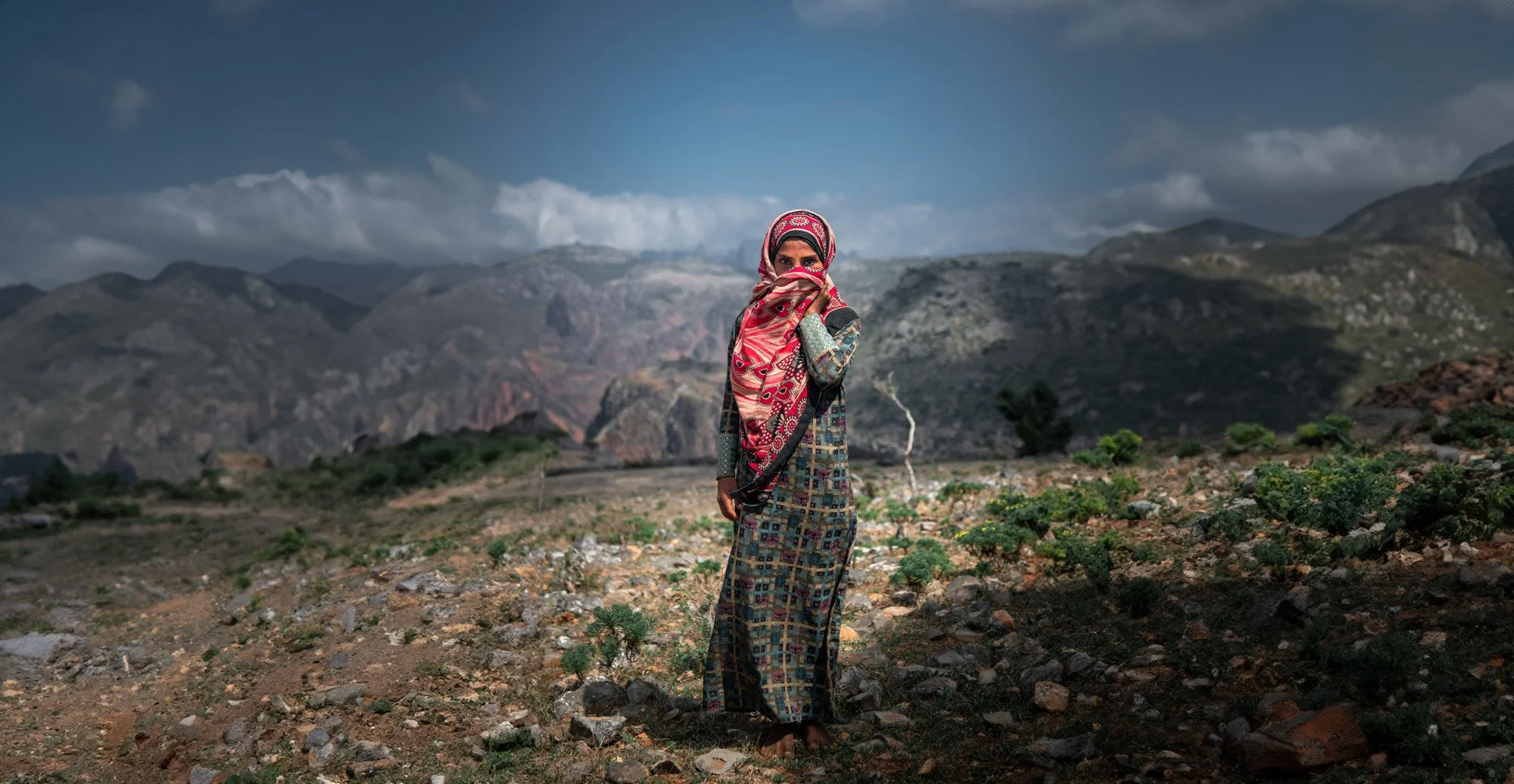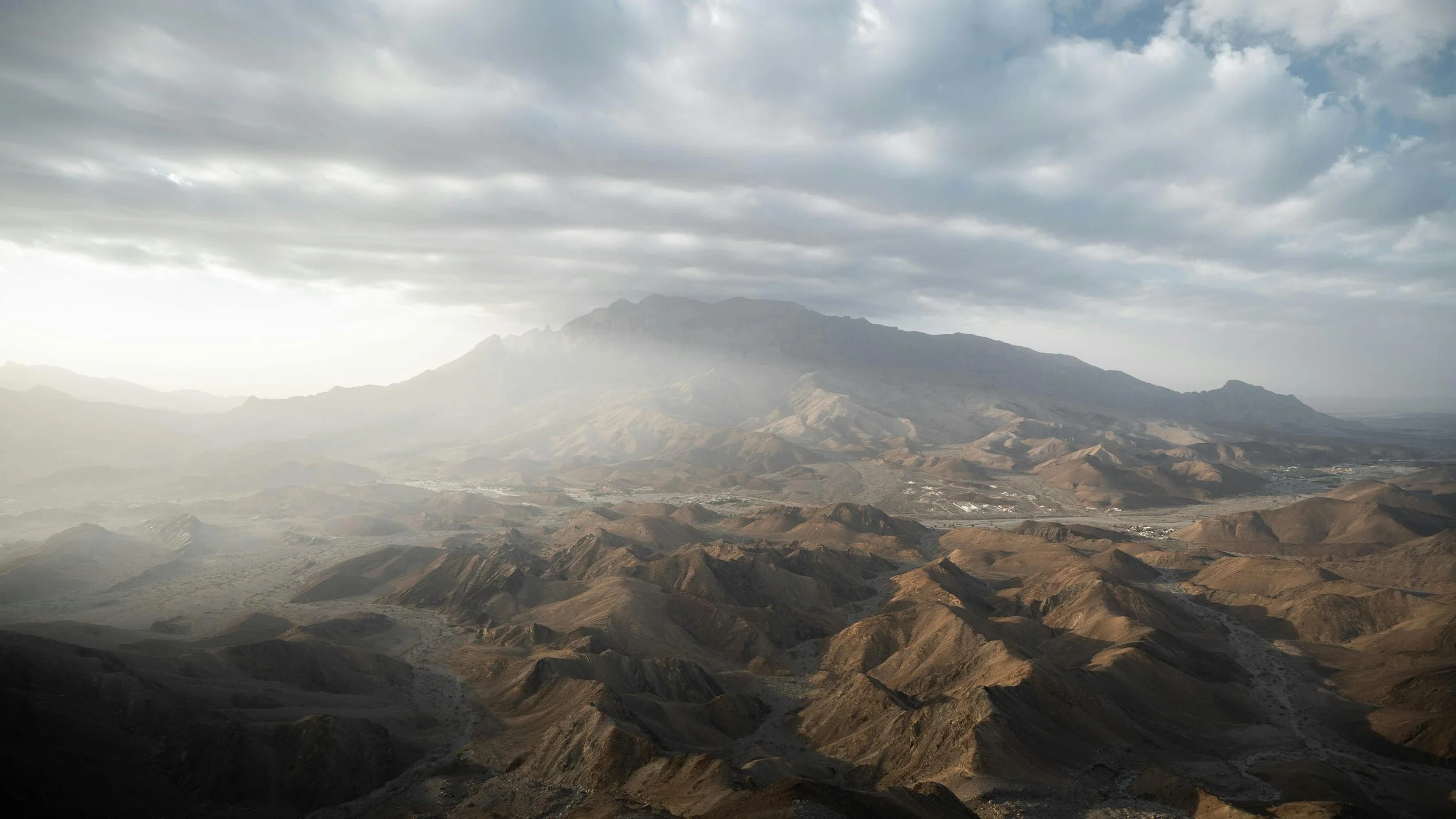A climate resilience vision for the Middle East
The Middle East is on the frontline of climate change. Water scarcity, desertification, and land degradation are accelerating, placing ecosystems and livelihoods at risk. The challenge isn’t just restoring landscapes—it’s creating a shared vision that unites multiple stakeholders across borders.
A collaborative path to climate resilience
The Weather Makers partnered with the Austrian Centre for Peace to develop a strategy that connects diverse biomes and fosters regional cooperation. Our approach identifies key ecological “trigger points”—strategic locations where regeneration efforts can drive large-scale environmental transformation.
Data-driven design for lasting impact
Through a multi-criteria assessment, we analyzed local climate patterns, regional winds, coastal habitats, and ecosystem dynamics to determine the most effective intervention sites. One location was selected as a case study, where we conducted a high-level analysis of its potential for water retention, moisture capture, and ecosystem recovery.
A vision for shared water security
The resulting concept highlights the fastest path to long-term water security: regional cooperation through ecological restoration. By demonstrating how interconnected landscapes can enhance climate resilience, the strategy provides a foundation for uniting stakeholders and transforming environmental challenges into opportunities.
Sustainable futures aren’t built in isolation. They start with a shared commitment to restoring the land that connects us all.


